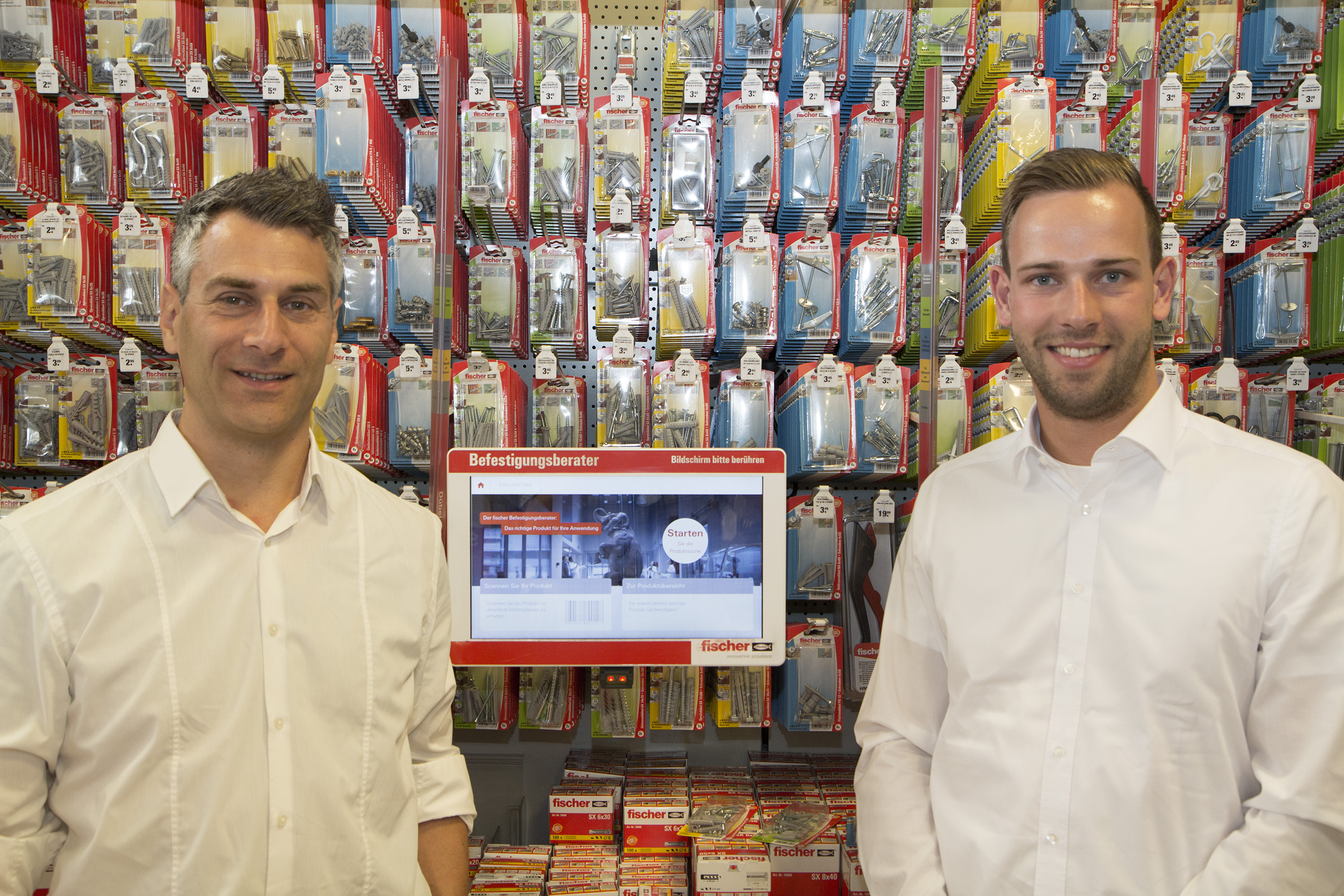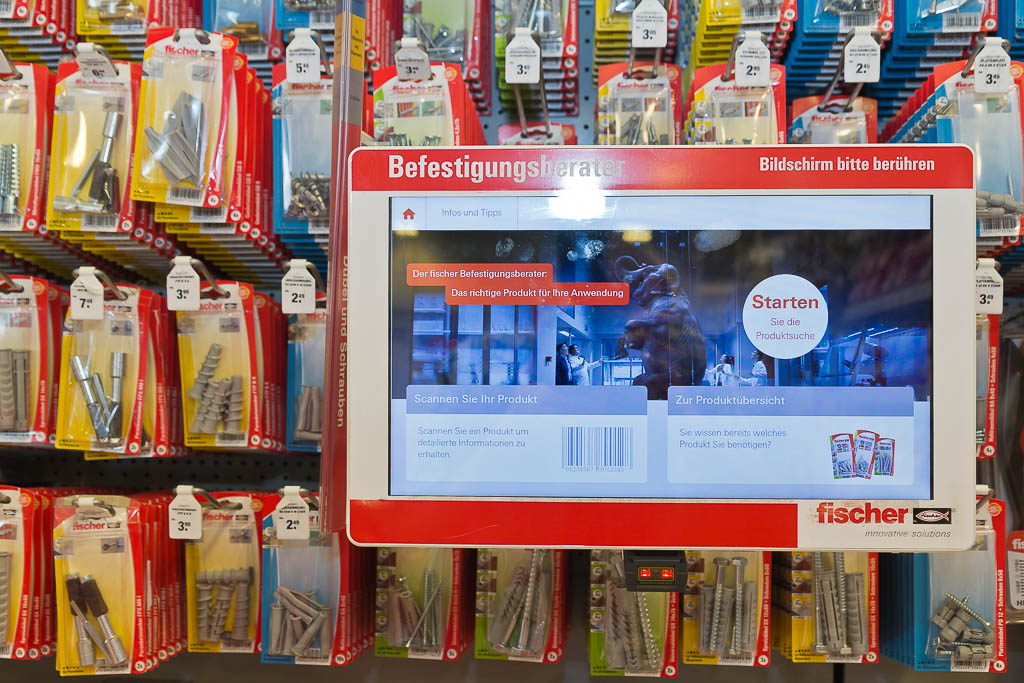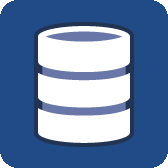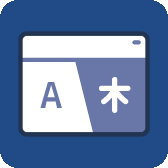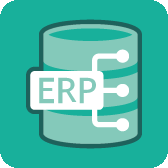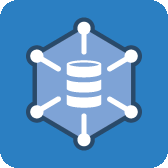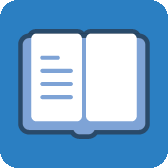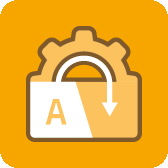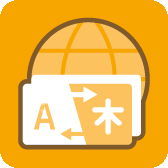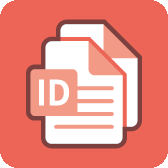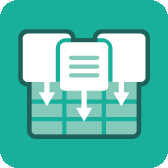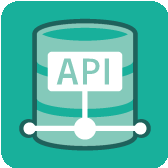
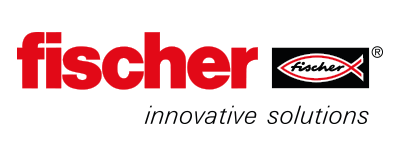
Successful implementation of the project "Product Finder 2.0" with the crossbase API-Server
Waldachtal, 27.10.2016: Established in 1948 as a local workshop-based business, the fischer group has grown to become an internationally active medium-sized company. The family-run business has always remained true to its roots: its headquarters are still located in Waldachtal-Tumlingen in the northern Black Forest, around 60 kilometres south-west of Stuttgart, in Germany.
The company is characterized by its ability to innovate, which has not only resulted in a constant stream of new products, but also in new lines of business. Today, the company's divisions are fischer Befestigungssysteme (mounting systems), fischer automotive systems, fischertechnik and fischer Consulting.
Central functions of the solution
The Product Finder 2.0 project
The product walls found in most DIY and building supplies stores are primarily designed with the customer's selection process in mind. The wall plugs are grouped clearly into different types of items, first by application and then using a colour-coding system: green for all construction materials, yellow for solid materials and masonry, blue for boards and cavities, grey for concrete and white for special applications.
This concept has now been enhanced with a system that makes product selection even easier. A special application, accessible on an in-store terminal, helps the user to find the right mounting solution quickly with a guided selection process. In a pilot store, once the product has been found its location on the shelf can even be indicated with the help of a light signal. The required data is made available via the crossbase API server.
The crossbase API server
With the help of the API server, third-party applications can read or write to the data in the crossbase database. For example, product data, media files, texts and translations as well as terminology can be accessed. In contrast to direct SQL queries, these interfaces can be used to ensure that accesses are always functional with every current database version and to retrieve up-to-date information. Via the interface, experienced software developers can write applications that retrieve data from the crossbase database with comparatively little effort. Services can be queried by means of REST.
Interview with the project manager at fischer
Mr. Müller, could you briefly describe the project Product Finder 2.0 to us?
The aim of this project was to further facilitate the selection process of our products in the self-service areas of DIY and home improvement stores. The do-it-yourself enthusiast can quickly find the right product, for example, a suitable fastening for a wall cupboard, by means of an appropriate application that supports the selection process with guided questions. Due to the large number of products that the customer finds on the fischer product walls, we wanted to go one step further...
... by thinking of the do-it-yourselfer standing lost in front of a wall of products?
Yes, exactly. Thanks to the application, he now knows which product is right for him, but the search starts again.
What was the solution?
For the do-it-yourselfer, the solution is quite simple. The exact position of the item is indicated on the sales shelf by a light signal via an LED. Thanks to the cooperation with the company findbox, which offers standardized solutions for this purpose, the technical and infrastructural solution was literally "within reach" and we were able to start first tests in a short time.
In the background such a system must be fed with data ...
Yes, at least as important as the presentation of the data is the question of how to get the necessary data and make it available. It was soon clear that the crossbase database with all marketing-relevant product information is our central data source for this purpose.
What was the reason for using the crossbase API server for this project?
We have been relying on crossbase for 15 years. The solution is strategically anchored at fischer and is used for the production of print and electronic catalogs, among other things. In addition, internal and external media services run via crossbase. It was important for us to establish a sustainable and standardized solution that is technologically up to date. It was therefore only natural to use the API server for this purpose, which provides REST as the interface technology.
Who was responsible for the implementation of the frontend?
Fischer commissioned an agency in the Netherlands to implement the frontend. The relevant data are provided via a middleware written by fischer itself, which retrieves the data from crossbase.
How did the cooperation between fischer, agency and crossbase develop?
As we got together with both service providers at an early stage - among other things for the definition of the infrastructure and the definition of the necessary data transfer objects - there were no frictional losses. This is especially true because all definitions and change requests were closely coordinated and recorded in a central documentation. Technicians and project managers from all participants sat around one table at both workshops and in the end all deadlines and the budget for the realization were met one hundred percent.
Were there any pitfalls?
In spite of detailed planning and a closely coordinated concept, i.e. theory, at some point you arrive in practice. Not everything can be planned one hundred percent. But here, too, crossbase proved to be very flexible when it came to implementing changes to the concept at short notice. In addition, at the beginning of the project and during the test phase, primary attention was paid to the correct functioning of the services. Performance issues which arose in certain constellations in test operation with real data were optimized by crossbase in time.
What are your tips from the experience with the project?
In any case, early planning and, above all, the point of bringing all the service providers involved together at an early stage are important.
Are there any further plans for the use of the API server?
Yes, the API server is a universally applicable solution that creates many new possibilities. In addition, it is of course an investment that we want to use on a broad basis and will therefore continue to expand. Basically, I see numerous other application possibilities at fischer, for example an interface to nexMart is currently being planned.
Mr. Müller, thank you very much for the interview and we wish you continued success with the upcoming projects!
The interview was conducted by Katrin Schenker, Marketing Manager at crossbase

